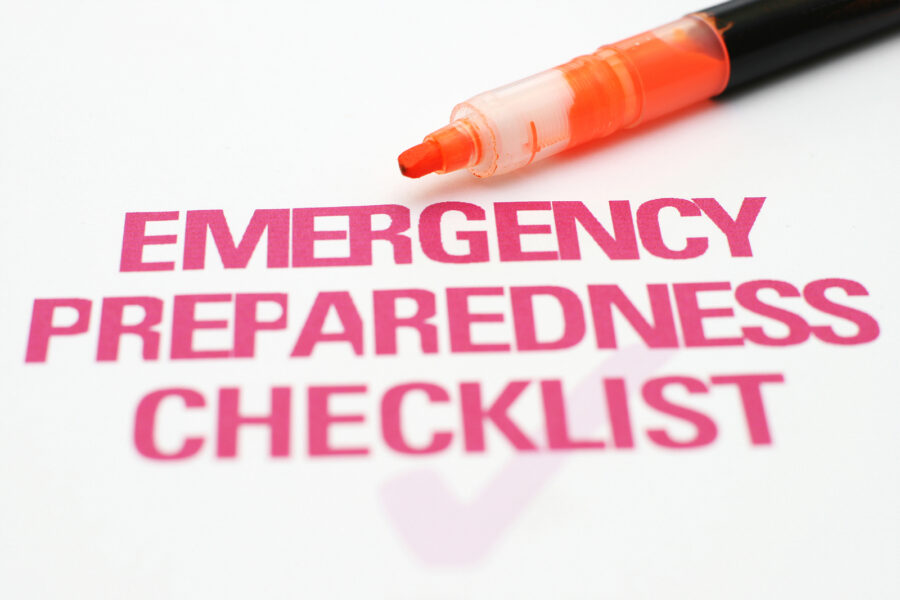April 17, 2024

Being ready for unforeseen situations such as power outages, medical problems, or natural disasters is crucial. While loved ones frequently concentrate on themselves and their children are prepared, it’s vital to ensure that seniors are prepared as well. However, exploring the need for an emergency preparedness plan might cause some seniors to become frustrated or feel as if loved ones are being controlling, which is why approaching the subject delicately might be needed. Once seniors realize their loved ones are only trying to help, they will be more open to creating a plan and even exploring how having home care assistance can help.
Loved ones should acknowledge the significance of senior safety and well-being to start the conversation. Show sincere concern for their well-being and underline that the goal of having an emergency plan in place is to provide everyone involved with peace of mind. Loved ones should reassure seniors that they want to collaborate with them to develop a plan that takes into account their unique requirements and preferences. Approaching the topic this way allows them to still feel in control.
Loved ones should include examples in the conversation, highlighting where having a strategy in place can be rather helpful. Additionally, give pertinent instances of emergencies that could happen in the community and talk about how being ready can reduce risks and improve seniors’ capacity to handle unforeseen circumstances. When doing this, however, make sure not to overexaggerate the situation.
Loved ones should pay close attention to seniors’ preferences and concerns. Seniors may have particular demands, such as limited mobility, long-term medical ailments, or a need for particular medications or equipment. When creating the emergency plan, having home care assistance included in the conversation can help keep these things in mind and make sure seniors needs are met.
It’s important to take a cooperative approach to the planning process and involve seniors in making decisions and resolving issues. Invite them to share their knowledge, firsthand accounts, and any prior emergency experiences. Then, with home care assistance included, discuss workable approaches and ideas as a group to deal with possible problems and guarantee senior comfort and safety.
While each situation will be different, there are crucial components that should be included in any emergency preparedness plan. Some of those things include:
Preparing for emergencies might bring up several emotions for seniors, from the realization they might not be able to handle things themselves to a fear of leaving their home behind during an evacuation. These emotions are common and should be explored with patience and care. By acknowledging how seniors feel and including home care assistance in the planning stages, the intensity of the situation can be reduced, and seniors will understand that the preparation is in their best interest for optimum care.